Dates are the most common reference point when discussing historical events. For Taiwan, one such point in contemporary history begins in 1987 with the lifting of Martial Law and the subsequent liberalization of the press. For good or for bad, this date marks the point when Taiwan's political system began to change towards a freer more democratic system.
For many of the Russian writers attending this year's Taipei International Book Festival, the theme of which is Russian literature and culture, a significant year must surely be 1985, the year of perestroika, when the Soviet Union began its economic and political reforms. And though dates do little to explain the significance of the events when they occur, the late 1980s and early 1990s were a period of euphoria for many of the banned or censured writers during the Soviet era as they were finally free to express themselves without the fear of government reprisals or a KGB "accident."
Russian — or Soviet — literature has only become available in Taiwan in the past few decades as the Martial Law era ensured that anything that even resembled a work of communism — whether fiction or otherwise — was left off the syllabus and out of the bookstores. And though many of the best authors writing during the Soviet period directly or indirectly criticized the government, Taiwan's political environment of the time ensured that readers wanting a taste of Russian's great canon of writers were left to wait for the island's political liberalization.
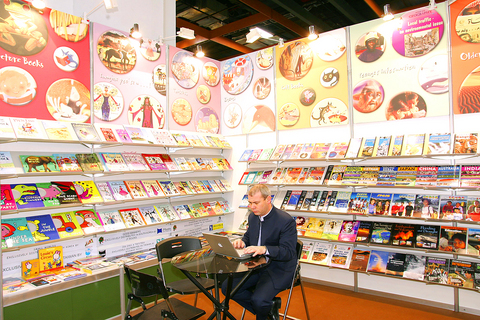
PHOTOS COURTESY OF TAIPEI BOOK FAIR FOUNDATION
According to Huang Pao-ping (黃寶萍), executive director of the Taipei Book Fair Foundation, the primary reason for inviting Russian writers and making Russian culture the main theme is to expose Taiwanese to contemporary Russian literature.
"There aren't a lot of publishers in Taiwan translating work from Russian to Chinese," she said. By inviting some of the bigger names in Russian literature to these shores, Huang hopes to change this and open the reading public in Taiwan to the great tradition of Russian literature.
And while no group of writers from any country can hope to account for the broad range of experiences of a particular culture, the writers assembled for this year's Book Fair were chosen because of their vast knowledge and experience of the Soviet era and their ability to articulate the changes that have occurred since the break up of the Soviet Union.
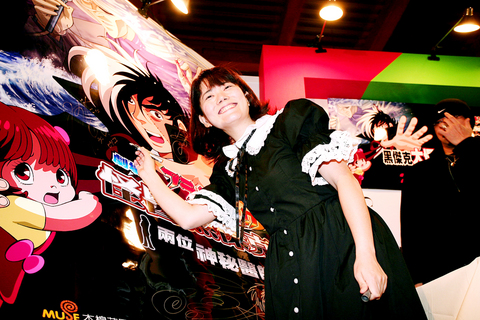
The foundation has succeeded by incorporating a variety of genres such as children's literature and fairy tales, to criticism, the novel and poetry into the readings of the writers invited.
The acknowledged master of modern and contemporary Russia fiction, Andrei Bitov's novels deal with the recent Stalinist past. Known as an experimenter with literary forms, many of his works are subtle parodies of the conformity of the Russian intelligentsia. In addition to his literary output, Bitov has done travel reportage in Armenia and Georgia and were both published together in English as A Captive of the Caucasus.
He co-founded the literary magazine Metropol in 1979, which soon gained the attention of the authorities and was promptly shut down with many of its writers banned or censored because of its criticism of the Soviet state.
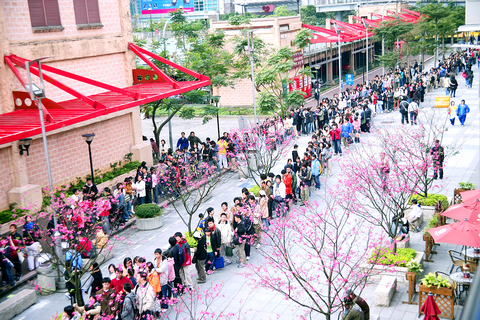
If Bitov wrote subtle stories with allusions to Russian literature and literary figures, Victor Erofeyev — another founder and writer for Metropol — wrote angry and often scatological stories such as "Shit-sucker" or "How we murdered the Frenchman," both of which are included in Life With an Idiot, a book of short stories published in Russia in 1990.
In the 2004 English-language introduction to the work, translator Andrew Reynolds wrote, "[e]ven by the idiosyncratic standards of Russian literature, the literary debut proper of Victor Erofeyev was one of the more striking confirmations of the unofficial but popular Soviet self-definition that 'we were born to turn Kafka into real life' exemplifying … the various phenomena of … censorship, repression, tragedy and farce that in some combination … inform the relationship between state power, writer and reader in Russia."
A controversial writer and critic, Erofeyev was banned from writing until 1988 and kicked out of the Writer's Guild as soon as he took up membership. His novel Russian Beauty, inflamed Russian society because of its frankly erotic young, kind-hearted bisexual heroine who has slept with half of Moscow
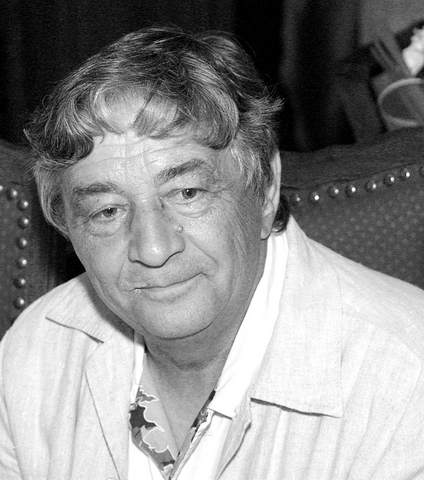
Yury Poliakov became well-known because of his 1987 novel A Hundred Days to Receive Orders, a work that tackled one of Russia's prevailing taboos: the portrayal of life for conscripts in the Red Army as nasty, cruel and often short. The romantic idea of the Red Army that had existed throughout the Soviet period was shattered by Poliakov's portrayal and his subsequent censorship ensured Western audiences would become aware of his work.
But all isn't politics. To balance the subversive and dissident writings of the critics, writers in other genres have been invited to show that Russian literature goes beyond criticism of the state. Sergey Lukyanenko is a science fiction writer whose novels often exist in a fantastical world where good and evil clash. His novel Night Watch was made into a movie and was one of only a handful of films from Russia that could be considered a blockbuster. The novel was translated and published in English in July of 2006.
Although the landscapes in Lukyanenko's books are often apocalyptic, he has been dubbed a humanist writer because of his emphasis on the necessary balance of good and evil.
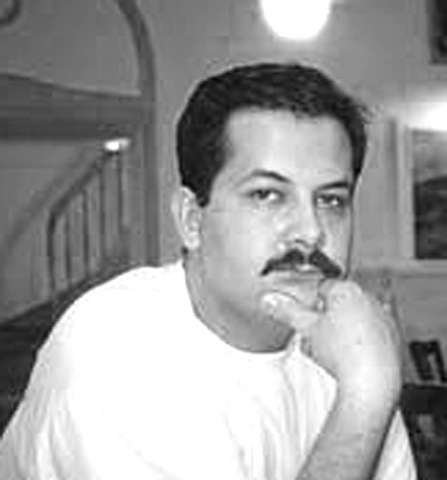
In the genre of children's fiction and animation, Eduard Uspensky is the writer of several humorous children's books of which his Uncle Fedya, His Dog, and His Cat, is the most well-known. Named after the story's six-year-old boy because of his serious disposition, the story exemplifies Uspensky's playful disrespect for conventions is most trenchantly shown when the boy runs away from home after his parents tell him he can't keep a talking cat named Mr. Matroskin.
Though these writers are all known and respected in their literary genres and have done much to spread Russian literature throughout the world, the organizers of this year's Taipei Book Fair must be faulted for not including on the roster female writers from Russia.
For example, Natasha Perova, one of the current editors of Glas: New Russian Writing — a journal on contemporary Russian fiction based in Moscow and the UK — would have been an excellent compliment to the current lineup, not least because she could have provided some insight on the difficulties of publishing Russian literature abroad.
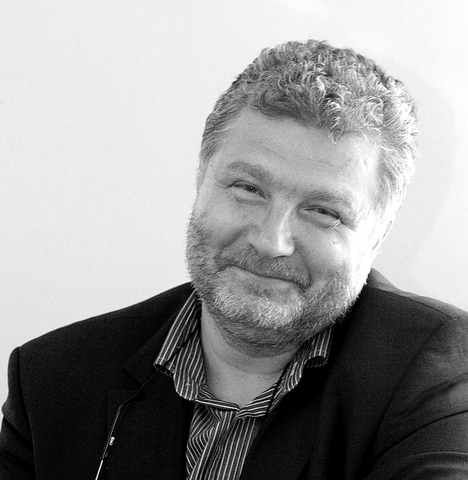
Still, the organizers must be complimented for bringing over from Russia a group of writers who stand as a testament to the fine tradition of Russian literature.
Event notes:
What: 15th Taipei International Book Fair and Exhibition
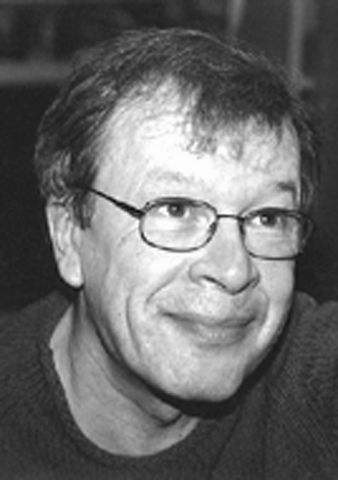
Where: Taipei World Trade Center (台北世貿中心)
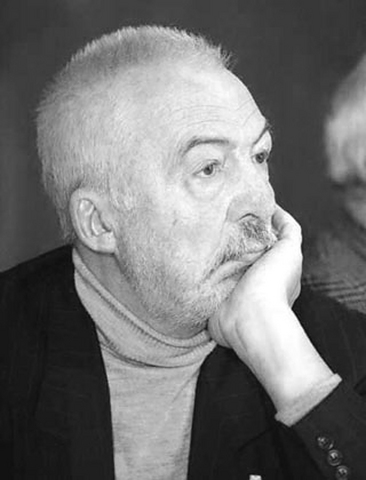
When: Jan. 30 to Feb. 4
Lectures by Russian authorS
Andrei Bitov
Topic: Ways to define literature
* Wednesday, 2pm to 2:45pm
* Hall 1, Theme Square
Victor Erofeyev
Topic: The writer without literature
* Thursday, 3pm to 3:45pm
* Hall 1, Acitivity Center 2
Yury Poliakov
Topic: The subject of the family in the novel form and how it reflects the Russian Revolution
* Wednesday, 3pm to 3:45pm
* Hall 1, Activity Center 2
Sergey Lukyanenko
Topic: Asian perspectives on European myth
* Thursday, 12:30pm to 2pm
* Hall 1, Theme Square
Eduard Uspensky
Topic: Are computers the friend or enemy of the authors of children's books?
* Friday, Feb. 2, 1pm to 1:45pm
* Hall 1, Activity Center 2
Tickets: Evening pass NT$50; full-day pass NT$100; full-week pass NT$180
On the Net: www.tibe.org.tw

Aug. 4 to Aug. 10 When Coca-Cola finally pushed its way into Taiwan’s market in 1968, it allegedly vowed to wipe out its major domestic rival Hey Song within five years. But Hey Song, which began as a manual operation in a family cow shed in 1925, had proven its resilience, surviving numerous setbacks — including the loss of autonomy and nearly all its assets due to the Japanese colonial government’s wartime economic policy. By the 1960s, Hey Song had risen to the top of Taiwan’s beverage industry. This success was driven not only by president Chang Wen-chi’s

Last week, on the heels of the recall election that turned out so badly for Taiwan, came the news that US President Donald Trump had blocked the transit of President William Lai (賴清德) through the US on his way to Latin America. A few days later the international media reported that in June a scheduled visit by Minister of National Defense Wellington Koo (顧立雄) for high level meetings was canceled by the US after China’s President Xi Jinping (習近平) asked Trump to curb US engagement with Taiwan during a June phone call. The cancellation of Lai’s transit was a gaudy

From Godzilla’s fiery atomic breath to post-apocalyptic anime and harrowing depictions of radiation sickness, the influence of the nuclear bombings of Hiroshima and Nagasaki runs deep in Japanese popular culture. In the 80 years since the World War II attacks, stories of destruction and mutation have been fused with fears around natural disasters and, more recently, the Fukushima crisis. Classic manga and anime series Astro Boy is called “Mighty Atom” in Japanese, while city-leveling explosions loom large in other titles such as Akira, Neon Genesis Evangelion and Attack on Titan. “Living through tremendous pain” and overcoming trauma is a recurrent theme in Japan’s

As last month dawned, the Democratic Progressive Party (DPP) was in a good position. The recall campaigns had strong momentum, polling showed many Chinese Nationalist Party (KMT) lawmakers at risk of recall and even the KMT was bracing for losing seats while facing a tsunami of voter fraud investigations. Polling pointed to some of the recalls being a lock for victory. Though in most districts the majority was against recalling their lawmaker, among voters “definitely” planning to vote, there were double-digit margins in favor of recall in at least five districts, with three districts near or above 20 percent in